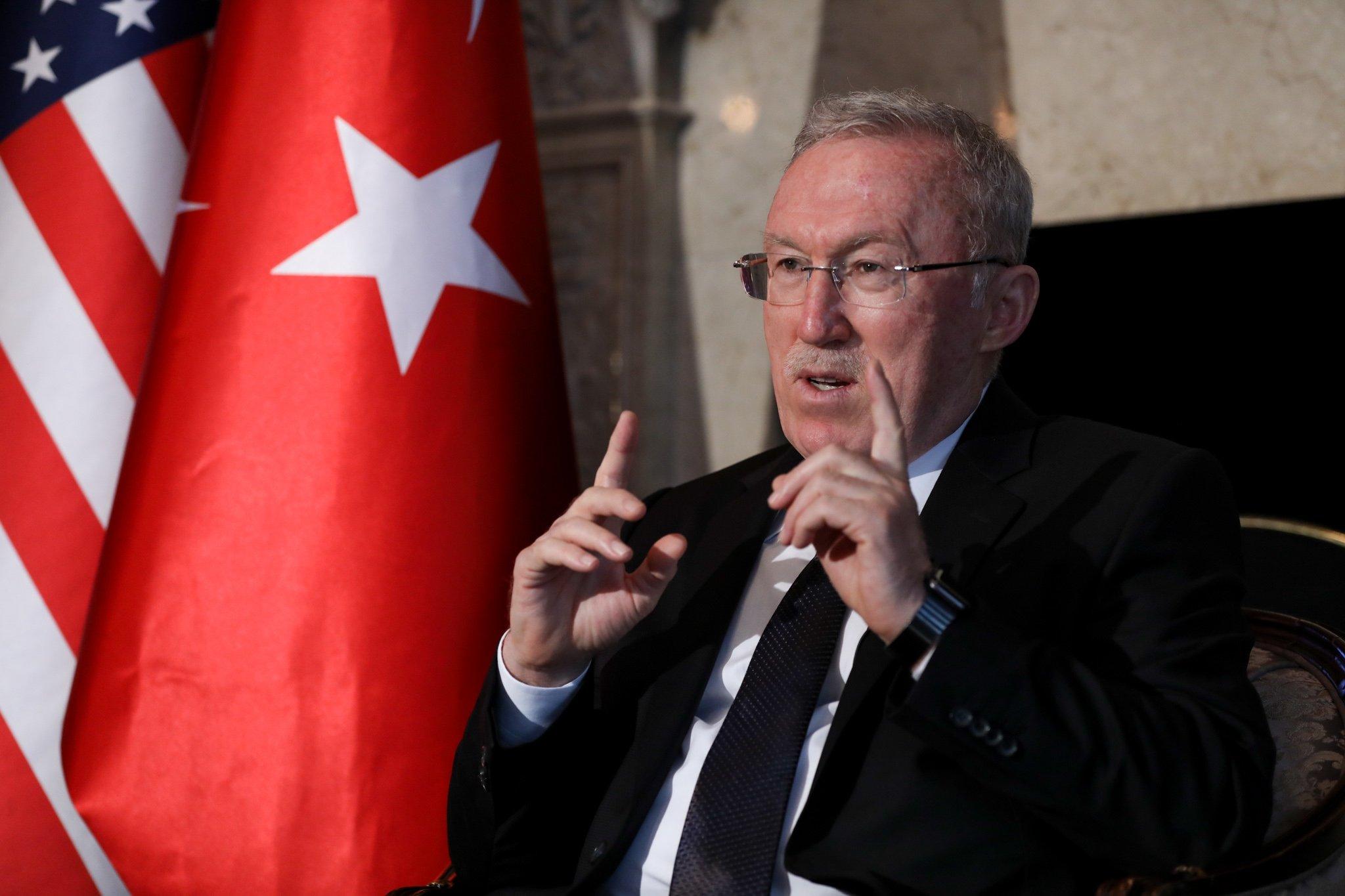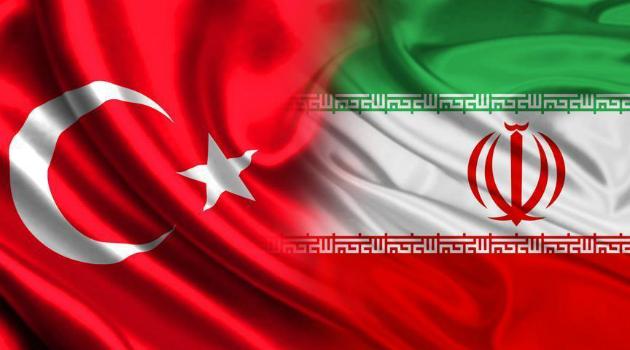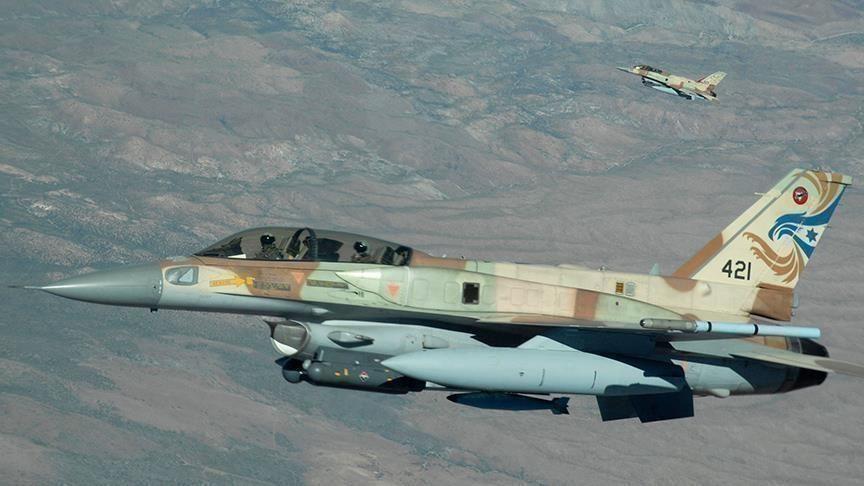Turkey sets course for distancing from Iran and reapproaching with Israel Regional review by Caliber.Az
Relations between Turkey and Iran are gradually deteriorating. It is related to recent Turkish military operations in northern Iraq and Turkey's continuing rapprochement with Tehran's main rival in the Middle East - Israel.
In the latest offensive, Turkish military forces struck a dozen suspected targets of the Kurdistan Workers' Party (PKK) in Iraqi Kurdistan. Turkish President Recep Tayyip Erdogan met over the weekend with Masrur Barzani, the Prime Minister of the Kurdish Autonomous Region of Iraq, which controls the areas where the Turkish operation is deployed. According to reports, Erdogan briefed Barzani on the progress of the operation. The leadership of Iraq's Kurdish autonomous region and the Kurdistan Democratic Party (KDP), which has a key influence in that region, is cooperating with the Turkish leadership. In fact, the KDP is assisting Turkish military operations against the PKK.
These events happen against the background of large-scale political processes in which Turkey is adjusting its foreign policy, getting closer to Israel and the Arab countries of the Persian Gulf, and coming into conflict with their strategic rival - Iran. The Turkish operation in northern Iraq can be seen as part of this process, even though it has local goals. We will return to this issue later since these events cannot be understood without reviewing political changes taking place in the Middle East today.

The Turkish ambassador to the US has recently criticized Iran in an article written for an Israeli think tank. Hassan Murat Merjan noted that Turkey and Israel are threatened by "similar regional malevolent actors." He did not mention the name of Iran, but it was not difficult to understand his thoughts by the way. Hassan Murat Merjan also pointed out that Turkey and Israel seek to cooperate on security and energy issues. The ambassador's article was written for the Center for Strategic Studies at Tel Aviv University. Clearly, the publication raised questions about the state of Turkey's relations with Iran and its main adversary, Israel. The publication has been noticed by the Iranian media. The London-based Iran International news agency made the following comment: "Ankara's envoy to Washington called for Israeli-Turkish cooperation against regional threats, possibly alluding to Iran, amid improving bilateral ties between Israel and Turkey."
The Turkish ambassador also wrote: "Turkish-Israeli cooperation offers more than the usual regional partnership in the face of malevolent actors and trends. Conventional partnerships focus on a specific task, be it fighting a particular threat or achieving a goal. Conventional partnerships have a lifespan. Turkey and Israel, on the other hand, share a common neighborhood, heritage and, not least, a common future... Combating malevolent actors and their activities in our region is a special area for increased coordination. The Turkish-Israeli partnership will be effective to further deter the destabilizing actions in the Middle East and North Africa."
Ambassador Merjan is close to Turkish President Recep Tayyip Erdogan and is a founding member of the ruling Justice and Development Party (AKP). When he calls for the revival of Turkish-Israeli relations on the basis of mutual trust and points to a common rival, we can judge the Turkish leadership's mood and what he is thinking at the moment.
Today, Turkey and its closest ally, Israel, are demonstrating political rapprochement. Moreover, the issue of the construction of a gas pipeline on Turkish territory, with the help of which Israel could supply gas to the countries of the European Union, is being raised. Erdogan recently stated that Turkey and Israel could cooperate in transporting Israeli natural gas to Europe.
Finally, there is long-standing cooperation or rather tacit agreement on Syria between the two countries. The Israeli air force systematically attacks Hezbollah and the Iranians in Syria, while Turkey strikes the Syrian Democratic Forces, which is affiliated with the Kurdish movement sympathetic to the PKK. Both countries give each other carte blanche for such operations in Syria.
Israel and Turkey have always shared concerns about Iranian influence in Syria. Iran and its allies (Lebanese Hezbollah and other pro-Iranian Shiite militias) support the regime of Syrian President Bashar Assad. And Turkey supports the anti-Assad and anti-Iranian armed opposition in Syria. All of this leads to the cooling of Turkey's relations with Iran.

"Although there are fluctuations in relations between Turkey and Iran, these countries know how to keep relations within certain frames," Gallia Lindenstrauss, a senior fellow at the Institute for National Security Studies in Israel, said while commenting on the latest developments. Nevertheless, there is Turkish frustration with the growing competition between the two countries (Turkey and Iran) in northern Iraq, as well as with the ongoing competition in Syria.
Regarding the energy sector, Iran stopped gas supplies to Turkey for 10 days in January. The reason for this could be technical difficulties. Iran, being under the US sanctions, is in dire need of currency and would hardly risk its trade ties with Turkey. However, Lindenstrauss points out that the temporary disruption of gas supplies during the winter, when Turkey was particularly in need of energy resources, increased tensions between Ankara and Tehran.
"In addition, no one can ignore the fact that Turkey is getting closer to the Arab Gulf countries, mostly out of economic necessity, which also makes it less tolerant of Iran's attempts to increase its regional influence," she adds. Iran is known to be a geopolitical competitor of the Arab Gulf states, especially the UAE and Saudi Arabia.
At the same time, Soner Kagaptay, director of the Turkish program at the Washington Institute, said that Turkey has always separated its relations with Iran from the process of rapprochement with Israel.
"Turkey has a competitive relationship with Iran in the region. They see each other as two major 'former imperial' and 'current hegemonic' powers that have the right to determine developments in the region," he told Saudi Arab News, adding that "both countries avoid direct clashes, despite the fact that they came very close to a conflict with each other in Syria, when Turkish troops on one side and Hezbollah and Iranian proxies on the other confronted each other."
In February and March 2020, Turkish troops clashed with Assad's forces and his pro-Iranian allies and inflicted serious losses on those forces.

According to Kagaptay, the normalization of ties between Turkey and Israel would primarily include energy cooperation, with the United States assisting in this. In addition, "at this stage, Turkey and Israel have similar goals in Syria. They have agreements that allow Israel to strike Hezbollah and Turkey to strike the PKK."
Turning to developments in Iraq, it should be noted that they may also contribute to increasing tensions between Turkey and Iran. Shelly Kittelson, an international journalist specializing in the Middle East and Afghanistan, wrote in an article in the of Al-Monitor agency, about the growing conflict between Turkish forces based in that country, as well as their allies from the PDK and the Kurdish regional government (which governs the Kurdish autonomous region of Iraq) on the one hand, and pro-Iranian Shiite militias on the other.
She notes that on April 3, for the second time in less than a week, several rockets hit the Bashik base where Turkish troops were stationed. This base is located in the northern Iraqi province of Nineveh, near the Kurdistan region of Iraq. Moreover, in the last few years, DPK officials and Kurdish regional authorities in Iraq have increasingly opposed the PKK's presence in northern Iraq, while Iraq's pro-Iranian Shiite militias have increased their cooperation with the PKK.
We can state that the contradictions between Turkey and Iran cover many issues, beginning from the confrontation in Syria and Iraq to Turkey's growing cooperation with Iran's main adversary, Israel.
However, it does not mean that the confrontation will escalate into something more. Alliances in the Middle East are situational. Ankara's economic and political cooperation with Iran has not yet been withdrawn from the agenda. Turkey buys Iranian gas and cooperates with Iran on resolving conflicts in Syria within the framework of the Astana format. As for Israel, Ankara has been in serious conflict with it quite recently. Everything can change many times in the future.








